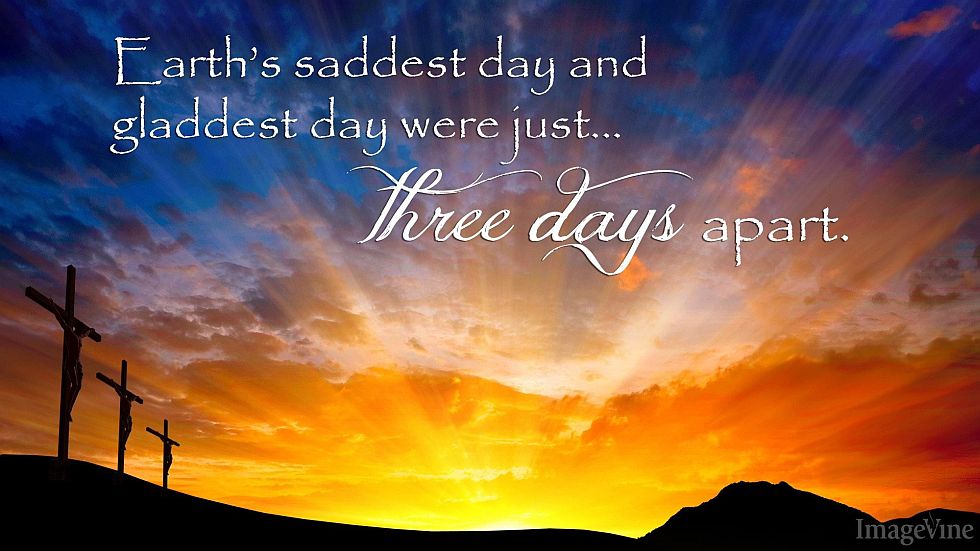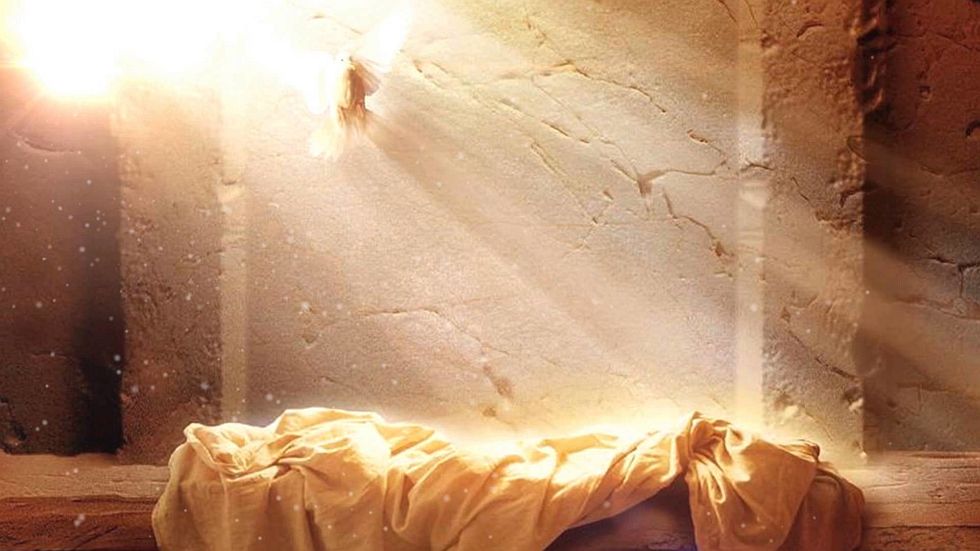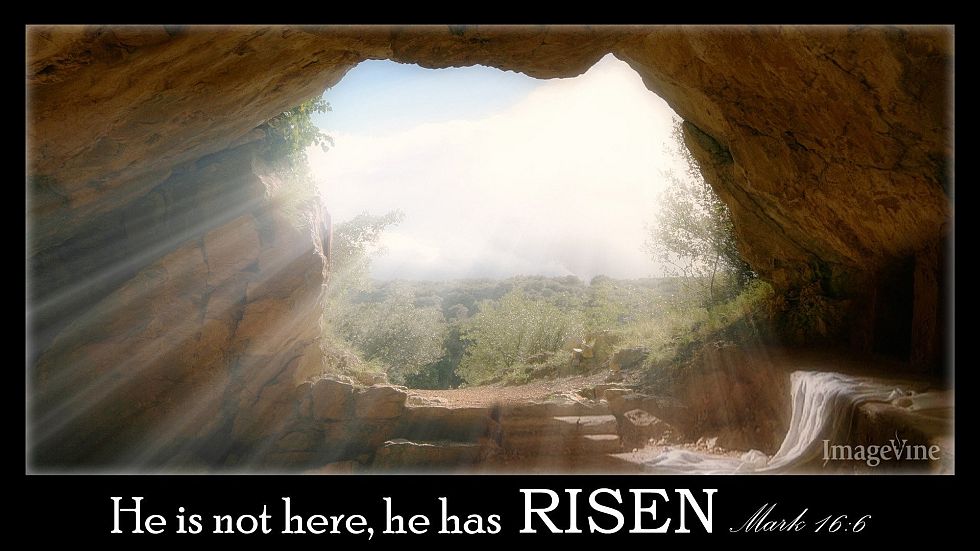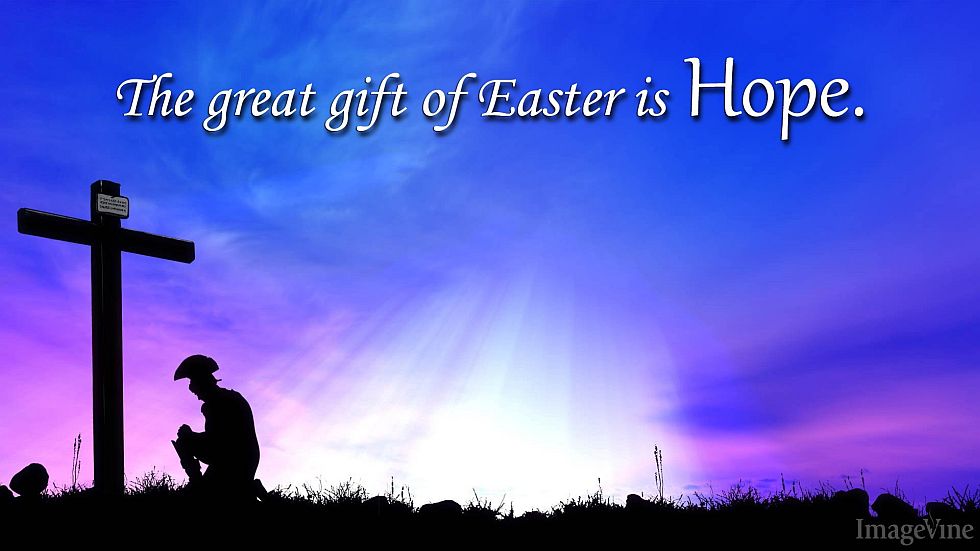Tenet is the movie industry’s hope to draw us back to multiplexes and reinvigorate one of our culture’s very own religious gatherings: communal catharsis by way of morality, music, and associated sacred food and drink.
It will be up to audiences to decide whether or not Tenet is worthy of this mantle. Christopher Nolan has made a film that brings us to the edge of our understanding. And then it invites us to step over that edge. For this reason, it will surely divide audiences as it already has done critics.
This article is one in a series (Connecting with Culture) from the the London Institute of Contemporary Christianity.
The essence of the divide seems to be whether the incomprehensibility of the plot frustrates or delights. When one character tells another to ‘stop thinking linear’, he’s also inviting us, the audience, to trust in something we cannot comprehend.
I will probably never comprehend Tenet’s ‘inverted entropy’. Nor will I ever fully comprehend the Trinity or the Incarnation. But it comes down to this: do we trust the storyteller, even when we don’t understand the whole story?
This is not to say that we should not try to understand complex films or theological mysteries. There is a worshipful instinct in using our intellects to unravel the stories we enjoy, whether on cinema screens or those narratives we live by.
If Tenet does succeed, it is because Nolan has convinced audiences they can indeed trust him. In doing so he might help us realise that our experience of a story can be an even greater thrill than merely understanding it.
Trusting the storyteller is something Christians know how to do: we live by faith, not by sight (2 Corinthians 5:7). The story told in the Bible and played out in the world often stretches the limits of our human comprehension.
And yet the author – God himself – is weaving together a plot that does much more than baffle or entertain us. Its mysteries are not down to poor storytelling. By faith we experience it, while holding our understanding confidently, if not completely.
Tenet offers a taste of what that feels like, even if cinema experiences are a one-way relationship between storyteller and audience. The gospel story, on the other hand, involves a two-way relationship. We are not merely spectators of God’s story so much as participants in his sweeping epic: the renewal of all things, spanning from creation to new creation. That’s a thrill cinema can never offer.
—
Tim Yearsley
Emerging Generations – Programme Lead, LICC
This article is one in a series (Connecting with Culture) from the the London Institute of Contemporary Christianity.






